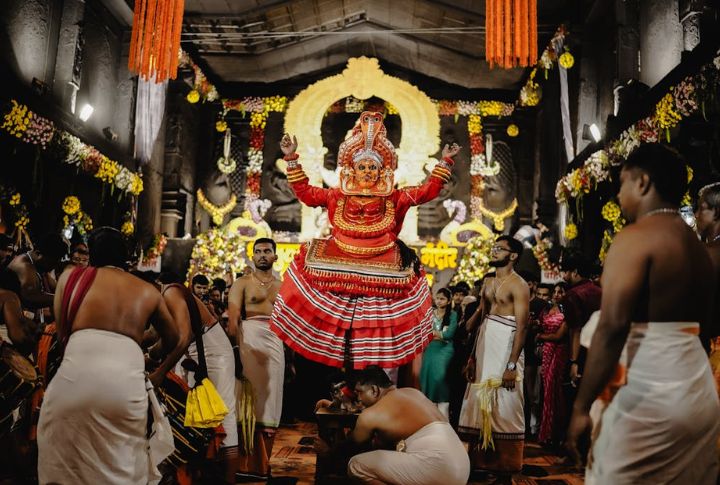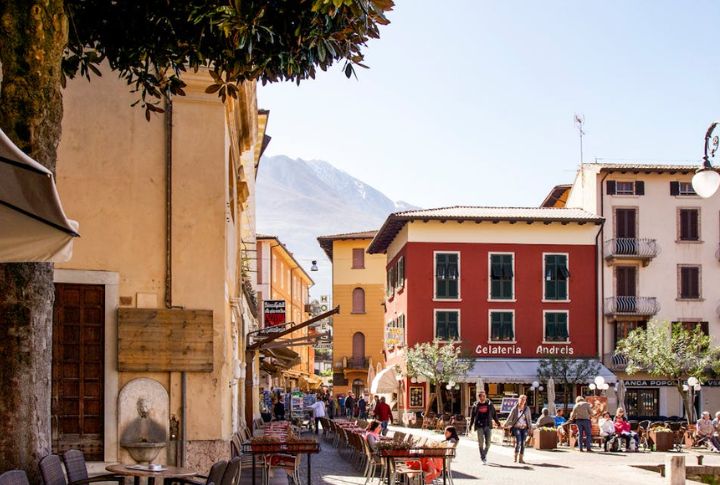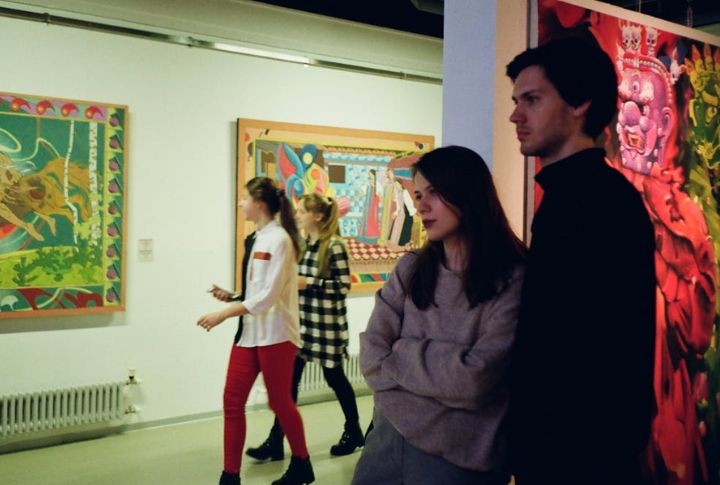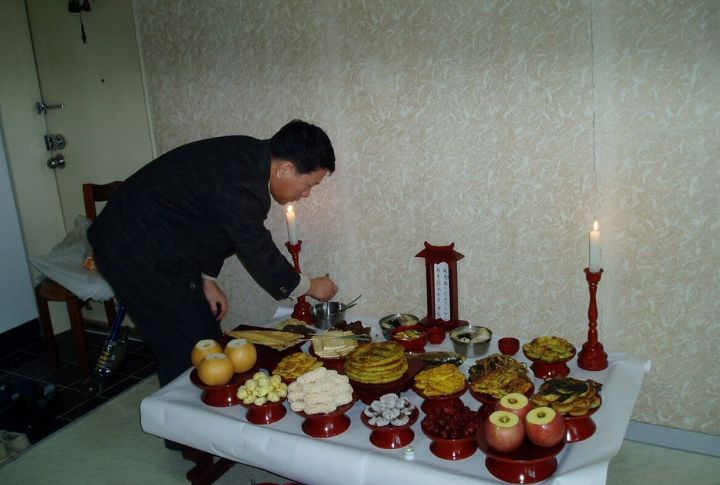
Time isn’t managed the same way in every culture. Some plan decades ahead, others let social moments lead. These 20 perspectives show how ideas around time shape work, rest, and relationships. Keep scrolling—you might rethink how your own clock really works.
Monochronic Time In Japan

Punctuality in Japan reflects more than just good manners. It reflects discipline and consideration. Trains are timed down to the second, and minor delays often prompt public apologies. Time management is exact, and it mirrors a broader cultural respect for efficiency and communal responsibility.
African Time Philosophy

Schedules in many African cultures come second to human interaction. If plans shift, no one panics. The clock doesn’t lead the day—people do. Spending time together, even without a strict structure, builds the kind of trust that no deadline can ever replicate.
Spain’s Midday Slowdown

Spain treats the afternoon as a space to pause and breathe. The siesta may be changing with the times, but its spirit remains. Resting there holds a cultural value, but not as an escape from work; instead, as part of a balanced and intentional life.
Polychronic Time In Latin America

In Latin America, being late doesn’t usually upset anyone. People often arrive when it feels right because spending time with others takes priority. So, showing up “on time?” Not always the goal—respect and connection are what truly matter in daily life.
Fluid Time In The Middle East

Why do meetings in the Middle East often run longer than planned? Because even in some Middle Eastern cultures, connection matters more than the clock. People tend to adjust their time to accommodate conversation and trust-building, where punctuality yields to the rhythm of human interaction.
Scandinavian Mindfulness Of Time

Picture a candlelit room, quiet conversation, and the comfort of shared space. In Scandinavia, this feeling has a name—hygge. Rather than rushing through hours, people make room for presence. Time unfolds gently, shaped by the desire for calm and connection.
Indigenous Views On Time

Many Indigenous communities interpret time as a cycle, not a straight line. Seasonal patterns, daylight, and ecological changes determine life’s flow. This perspective encourages harmony with nature, where planning follows Earth’s rhythms rather than fixed calendars or standardized hours.
Long-Term Focus In China

In China, time is measured on a wider scale. Plans often extend across generations, not just months or years. Families and businesses make decisions that consider long-term impact by focusing on steady growth and future outcomes instead of rushing toward immediate results.
Leisure Time In France

People value downtime and guard it with pride in France, which creates space to actually enjoy life beyond offices, social media, and household chores. The French take their leisure time seriously, especially when it comes to stepping away from work. So, long lunch breaks aren’t unusual, and vacations are sacred.
Spiritual Time In India

Time in India often carries sacred meaning. For Hindus, time flows with spiritual intent, being led by cosmic order. People plan their months, and even days, according to ‘Muhurta’ (auspicious time period). This duration specifies the ideal time for life’s big events, and aligns decisions with energy and ritual. Every hour can hold a deeper purpose shaped by belief and tradition.
“La Dolce Vita” In Italy

Cobblestone streets, shared meals, and slow sips of espresso define Italian time. Family dinners stretch past sunset, and schedules bend around joy. In Italy, “la dolce vita” means more than sweetness—it’s a rhythm that lets life breathe between responsibilities.
British Time, Punctual Yet Flexible

Britain offers an interesting contrast. Business meetings start on time with polished precision, but casual plans are far more fluid. Social gatherings often overrun their clocks, suggesting that while timeliness is respected, there’s always room for a warm, drawn-out conversation.
American Time Focuses On Productivity

The American phrase “time is money” reflects a mindset where every minute must be accounted for, often in economic terms. In the U.S., time often serves as a productivity measure. A packed schedule signals ambition, and long work hours are often framed as dedication.
Relaxed Time In Australia

Australia strikes a balance that feels easygoing but is still considerate. People show up when expected, but no one panics if things run late. Backyard barbecues stretch past sunset, and life moves with a relaxed pace that favors enjoyment over hurry.
Punctuality And Flexibility In Russia

Even in Russia, time divides along social lines. Business settings expect punctuality and order, while personal plans allow for more freedom. Holidays frequently evolve into extended leisure, reflecting a dual mindset that honors both structure and spontaneity depending on the setting.
Respectful Time In Korea

Korean culture shapes time around hierarchy. Younger individuals often wait for elders to begin a meal or a conversation. Rituals like Jesa show how timing marks respect, remembrance, and social order. They turn daily moments into structured expressions of cultural meaning.
Inuit’s Nature-Based Time

Among Inuit communities, time moves with the land and sky. The moon’s phases and changing light determine decisions. Life flows with the environment’s rhythm, where nature’s signals carry more weight than human-imposed measurements or standardized hours.
Brazilian Time Flexibility

Social events run on people-time, not clock-time in Brazil. Here, meals unfold without rush, and conversations stretch as long as they need to. People adjust their time to the mood, not the minute, and no one’s in a hurry. That’s the beauty of Brazil, where time is as easygoing as it can be.
South African Time, A Cultural Mix

South Africa’s approach to time reflects its cultural diversity. Business environments often follow Western-style punctuality, while everyday life draws from African traditions that allow more flexibility. Across settings, personal interactions frequently take precedence over rigid schedules.
Mediterranean Experience Of Time

A meal in the Mediterranean isn’t just food—it’s an experience. Dining can last for hours, with stories and laughter passed between courses. Time slows around the table, allowing people to savor family moments that feel too important to measure in minutes.

